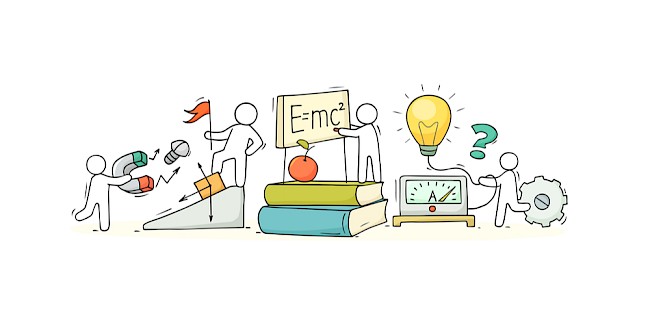Science
All the teaching staff at Moorings Way Infant School are working with Meon Infant and Meon Junior School colleagues to identify how our curriculum will meet the needs of our children.
We believe it is important to plan the learning journey of the children from Year R to Year 6. Even though we are an Infant School, this doesn’t stop us planning what the children will learn when they leave us. This is vitally important. As 3 schools, we have joined together to produce a joint intention of what we want the children to learn. The following statements were produced by our subject teams in September 2019.
By the time our children leave our school all pupils will have had the opportunities to develop their scientific knowledge and conceptual understanding. This will be taught through biology chemistry and physics. They will develop their understanding by using different types of scientific enquiries to help them to answer scientific questions about the world around them. All pupil will be equipped with the scientific knowledge which will help them in their journey to find their place in the world.

